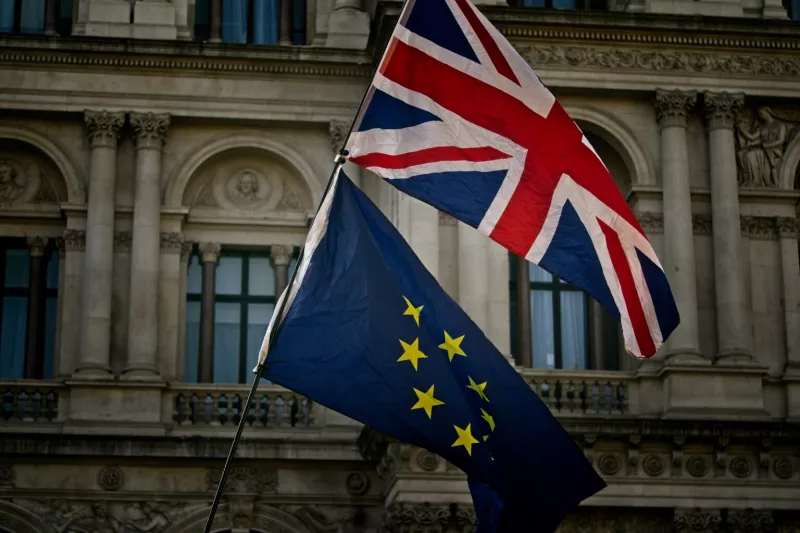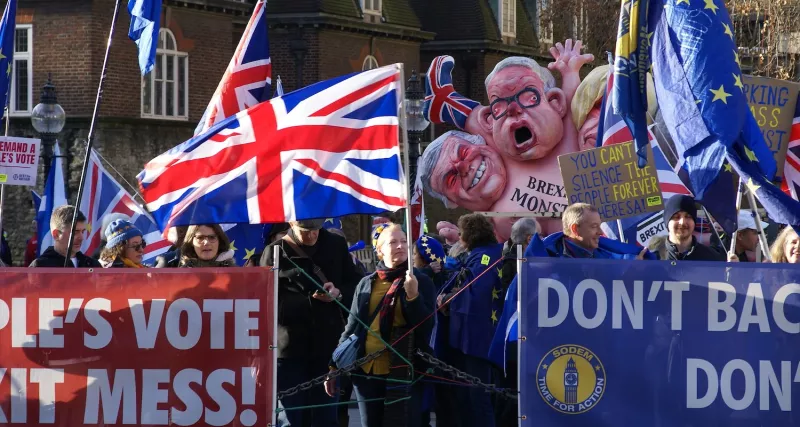United Kingdom
Academic Research
-
Journal Article
The Times They Are Rarely A-Changin': Circadian Regularities in Social Media Use
Journal of Quantitative Description: Digital Media, 2021
-
Journal Article
Political Knowledge and Misinformation in the Era of Social Media: Evidence From the 2015 UK Election
British Journal of Political Science, 2022
Reports & Analysis
-
Analysis
Here’s What 29 Million Tweets Can Teach Us About Brexit
Britain’s vote to leave the European Union caused a dramatic surge in Brexit-related tweets. Our analysis of millions of them provides key insights into the success of the “leave” campaign, the surprising dominance of economic issues in the online debate, and the referendum’s increasingly global audience.
July 20, 2016
-
Report
Brexit Data Report
What can social media teach us about the motivations of Brexit voters and the global ramifications of the referendum? After analyzing 29 million tweets on the topic, we provide key insights about user views.
July 14, 2016
News & Commentary
-
Policy
We Failed The Misinformation Fight. Now What?
At a precarious moment in misinformation research, our experts argue that the paradigm of the “misinformation field” has overstated online misinformation’s role in politics, ignored much of what we know about how communication functions, and directed attention to strategies ill-suited to today’s information environment
August 26, 2025
-
Policy
Comments on Ofcom’s Call for Evidence on Researcher Access
We responded to Ofcom’s public request for evidence on researcher access to online service data for safety research, highlighting barriers researchers face when accessing social media data, the challenges of limited information sharing, potential ways to improve data access, and examples of robust data-sharing practices.
July 26, 2025



